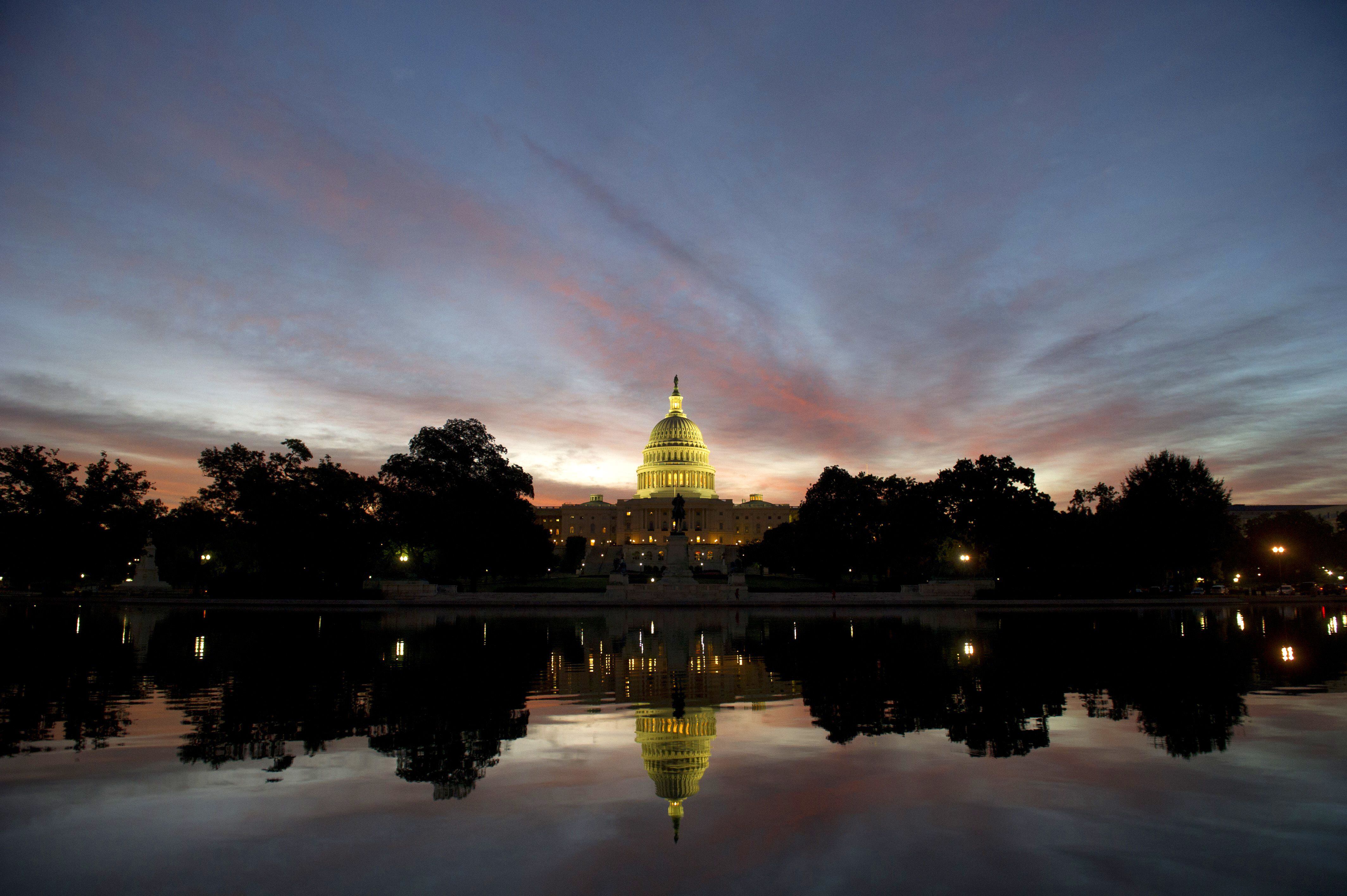WASHINGTON — In his latest political move to stymie Ligado’s spectrum plans, Senate Armed Services Committee chairman Sen. Jim Inhofe, R-Okla., has placed a hold on the renomination process of Federal Communications Commission member Michael O’Rielly.
However, it is unclear how much pressure that hold would apply to the FCC’s handling the Ligado situation, given the structural power of the agency remains squarely in the hands of commissioner Ajit Pai.
“I am holding Commissioner O’Rielly’s nomination until he publicly states that he will vote to overturn the current Ligado Order. I understand that O’Rielly has stated that he would give ‘due consideration to a stay’ ‘based on new data or evidence’ — but that isn’t enough,” Inhofe said in a Tuesday announcement. “I need his commitment in plain English to vote to overturn the order, not just consider it, before I will allow his nomination to proceed.”
O’Rielly is one of three GOP appointees to the FCC. It is unusual for a Republican senator to place a hold on a member of his own party, but the Ligado situation has created an unusual alliance that cuts across party, chamber and committee jurisdiction. Should the hold last through the end of the year, O’Rielly would have to step down from the commission.
RELATED

News of Inhofe’s hold on O’Rielly was first reported by Politico.
C4ISRNET first broke the news that the FCC was moving to approve Ligado’s request to use the L-band spectrum. Described as the range of frequencies between 1 to 2 GHz, L-Band is vital to GPS and other international navigation systems because it can easily penetrate clouds, fog, rain and vegetation. Ligado owns a license to operate the spectrum near GPS, which it says it will use to build a 5G network to boost connectivity for the industrial “internet of things” market, a business sector outside supporters say is vital to growing America’s economy.
Opponents — including the Department of Defense and a number of non-defense industry trade groups — argue that Ligado’s plan would create wide ranging disruptions for GPS usage, hurting both warfighters and commercial ventures in the United States. Ligado has pushed back at those claims. On May 22, the federal government formally requested the FCC reconsider its position.
Inhofe has led the charge against the Ligado decision, holding hearings decrying the FCC’s approval and developing two separate pieces of legislation to counter the move.
“Over the past few months, I have sent letters, held hearings and called countless officials to highlight what we all know to be true: the FCC’s Ligado Order is flawed and will lead to significant harm to our military and the thousands of individuals and businesses that rely on GPS,” Inhofe said in his Tuesday statement.
Securing O’Rielly’s commitment to vote against Ligado should the issue come up again at the FCC may be ultimately more symbolic than a true victory. As FCC commissioner, Pai wields enormous control over the process of what does or does not come up for a re-vote in front of the five-member commission.
In late June, a FCC source told C4ISRNET that, barring a dramatic turn of events, Pai has no intention of reopening the Ligado vote. “It’s pretty clear at this point that the only way this result changes is through legislation. That’s DoD’s main path forward,” the source said.
Aaron Mehta was deputy editor and senior Pentagon correspondent for Defense News, covering policy, strategy and acquisition at the highest levels of the Defense Department and its international partners.








